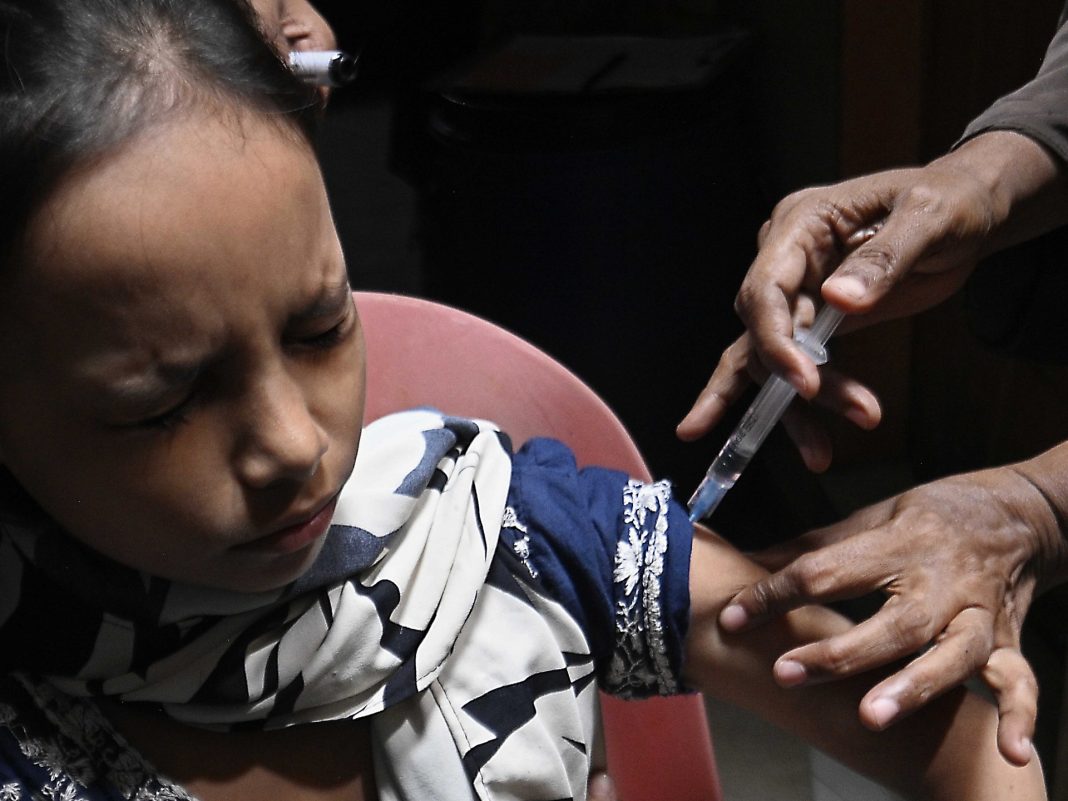Hey there, TrendLyric fam! You’d think a vaccine designed to prevent a devastating disease like cervical cancer would be universally welcomed, right? Especially when it’s offered to protect future generations. But in Pakistan, the recent campaign for the Human Papillomavirus (HPV) vaccine has met with a significant wave of resistance and backlash. It’s not as simple as ‘anti-vax’ sentiment; there’s a complex tapestry of reasons behind this pushback, weaving together history, misinformation, and deeply held societal values.
The Whispers of Misinformation and the Information Gap
One of the most potent forces fueling the backlash is the rapid spread of misinformation. In our hyper-connected world, unsubstantiated rumors can travel faster than official health advisories. We’ve seen narratives circulating suggesting the HPV vaccine causes infertility, promotes promiscuity, or even that it’s part of some larger, nefarious plot.
When official communication channels struggle to reach everyone effectively, these whispers fill the void. “I heard it could make girls infertile, or that it was just a way to make money for big companies,” shared a concerned citizen in a local community. “It’s hard to know what to believe when everyone has a different story.” This points to a critical challenge: a lack of clear, consistent, and trusted information reaching the grassroots level, allowing fear and doubt to take root.
A Shadow of Past Distrust: Building Bridges
Pakistan has unfortunately experienced significant challenges with public health campaigns in the past, most notably with the polio eradication efforts. These historical incidents, often involving mistrust in government initiatives or even foreign aid, have left a lingering shadow of skepticism. When a new vaccine campaign emerges, especially one targeting young girls and touching on sensitive health topics, this pre-existing mistrust can be easily reactivated.
It’s not just about the vaccine itself; it’s about the messenger and the perceived agenda. Building trust is an arduous, long-term process, and any perceived misstep can quickly erode years of effort. For many, the HPV vaccine isn’t seen in isolation but through the lens of past experiences and anxieties about external influences.
Cultural Crossroads: Navigating Social Sensitivities
The HPV vaccine is unique because it addresses a sexually transmitted infection, even though its primary purpose is cancer prevention. In a deeply conservative society like Pakistan, discussions around sexual health, especially concerning young, unmarried girls, can be highly sensitive and even taboo. Campaigns that aren’t carefully calibrated to respect these cultural and religious sensitivities risk alienating the very communities they aim to protect.
The messaging needs to be incredibly nuanced, focusing on cancer prevention rather than the transmission route, and delivered by trusted community leaders, religious scholars, and local health workers who understand the local context. Without this careful approach, the campaign can inadvertently trigger social resistance based on misunderstandings or perceived challenges to cultural norms.
Ultimately, the backlash against Pakistan’s HPV vaccine campaign is a multifaceted issue. It underscores the vital need for culturally sensitive communication, transparent information, and a deep understanding of community concerns and historical context. Overcoming this resistance isn’t just about science; it’s about empathy, trust-building, and engaging in genuine dialogue to protect the health and future of Pakistan’s young women.




